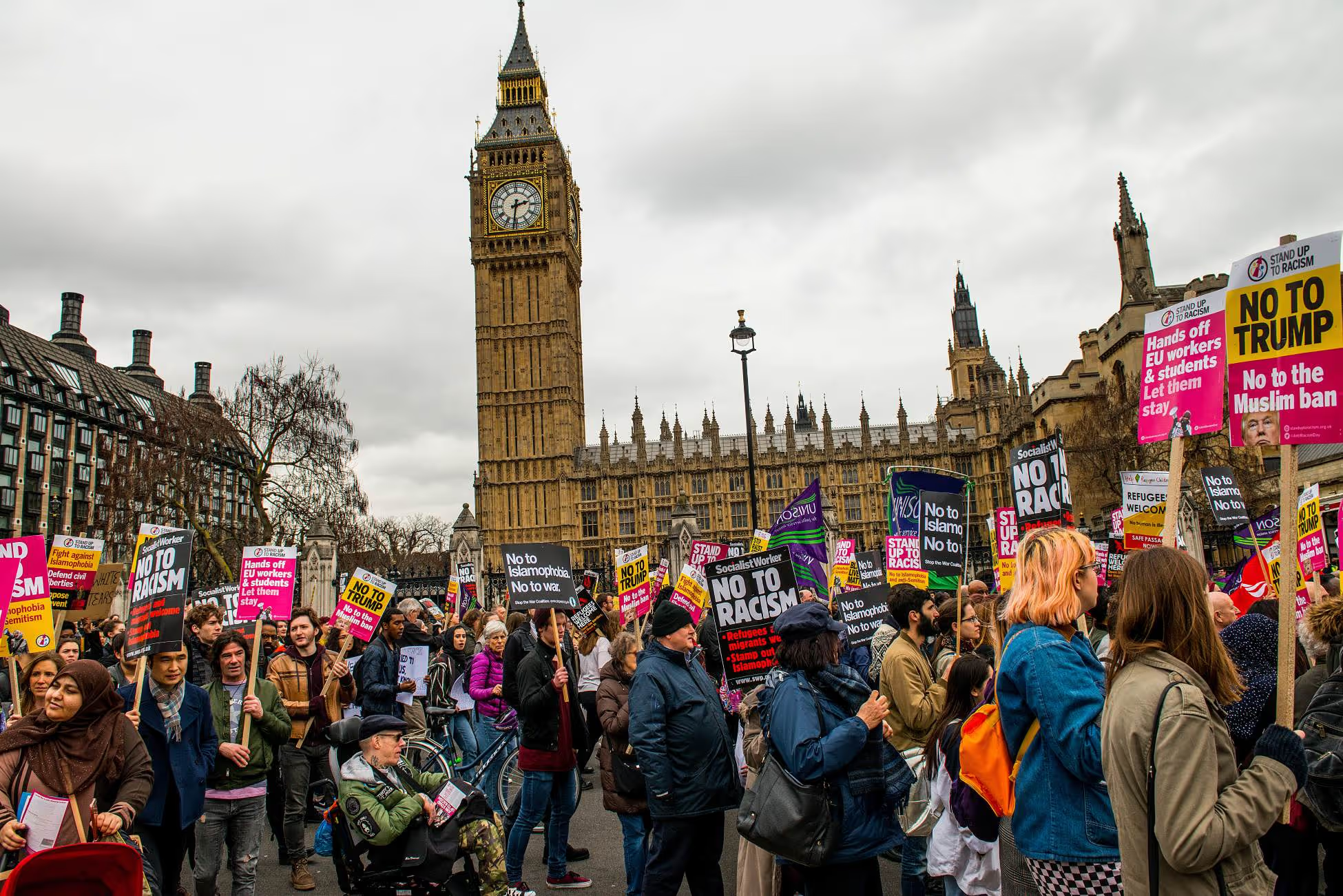

Improving access to human rights justice in Scotland: Make Human Rights Justice a Reality report
Barriers to justice
If Scotland is to be a country where everyone’s human rights are recognised, protected and realised, then everyone must be able to access remedy and justice for violations of their human rights. Access to remedy must be affordable, accessible, effective, timely and person-centred. However, for too many people, it is just incredibly difficult to access remedy.
Alongside JustRight Scotland, Human Rights Consortium Scotland, Environmental Rights Centre for Scotland, Poverty Alliance, Shelter Scotland, and CLAN Childlaw, we have produced the report, Make Human Rights Justice a Reality.
This report is informed by the lived experience of trying to access remedy of community groups and individuals who took part in a series of workshops. This report also draws on the experience of our organisations that work day-by-day with people who experience barriers to justice.
The report spells out what some of these barriers are: barriers around affordability, around difficulties navigating the system, about a lack of information and advice on rights, around confusing and excluding communications, around a lack of enforceability of rights, unfair timescales, and routes to justice being exhausting and feeling like an uphill struggle, amongst others.
This report comes at a time when Scotland is about to introduce a Bill to enhance human rights law in Scotland to include economic, social, cultural and environmental rights. The Bill will include particular rights protections for women, disabled people and on race. In the midst of these ambitious plans for new law, and if Scotland is to be a country that is rights-respecting in reality and not only in rhetoric, then action is needed. The status quo around accessing rights justice is not an option.
Priority actions
The main purpose of this report therefore is to outline 13 priority actions that will improve access to human rights justice in Scotland. These are:
- Put all of our human rights into law: The report calls for the incorporation of all international human rights standards into Scots law, thereby granting them enforceability in Scottish courts. This foundational legal reform seeks to solidify the commitment to human rights at the domestic level.
- Ensure everyone knows their rights and how to get them: To empower individuals to exercise their rights effectively, the report proposes the establishment of a National Network for Human Rights Information, Education, Legal Services, and Advice. This initiative aims to raise awareness and ensure that every person in Scotland is equipped with the knowledge needed to access their rights.
- Ensure inclusive communications across the system: Recognising the importance of equitable access to justice, the report emphasises the need to eliminate barriers faced by individuals with specific communication, translation, and interpreter requirements. This inclusivity ensures that all residents can participate fully in the justice system.
- Provide independent advocacy for all: The report advocates for the provision of independent advocacy services, ensuring that all those who require assistance can access it. These services are critical in guiding individuals through the complexities of the justice system.
- Develop effective non-court routes to justice: To alleviate the burden on the court system and provide swifter resolutions, the report recommends the development of effective, timely, and supportive non-court avenues for seeking remedies.
- Improve people’s experience of going to court: Specialised court rules for human rights and equality cases are suggested to enhance the experience of rights holders within the legal process, promoting efficiency and fairness.
- Remove unfair timescales: The report stresses the importance of removing unrealistic court time limits, including the three-month limit for Judicial Review cases, to ensure that justice is not rushed and that individuals have ample time to present their cases comprehensively.
- Value NGO-led public interest litigation: Barriers to NGO-led strategic litigation, including issues related to courts accepting cases brought by charities, should be eliminated to bolster civil society's role in upholding human rights.
- Ensure effective remedies for human rights breaches: The introduction of judicial remedies for human rights and equality infringements that address individual grievances while also promoting broader structural change is recommended to ensure meaningful redress.
- Introduce radical reform of legal aid: The report underscores the need to prioritise the reform of Legal Aid, with a commitment to publishing a consultation on necessary legislative changes in 2024.
- Remove financial barriers to justice: Remove court fees and introduce protection from awards of expenses for all cases raising human rights and equality issues.
- Strengthen accountability bodies: Regulatory and scrutiny bodies responsible for human rights oversight should be equipped with the necessary duties, powers, and resources to effectively deliver accountability and prevent further breaches.
- Ensure duty bearers take a human rights-based approach: To foster a culture of respect for human rights, all stakeholders involved in human rights remedy and accountability should receive comprehensive training and assessment in taking a human rights-based approach, ensuring consistent commitment to human rights principles.
The report finishes with a call to Scottish Government, Scottish Parliament and other key decision-makers to prioritise implementation of these actions in order to make human rights justice a reality.
Launch event video
Read and download the full report
Click here to read and download the full report, Making Human Rights Justice a Reality.






